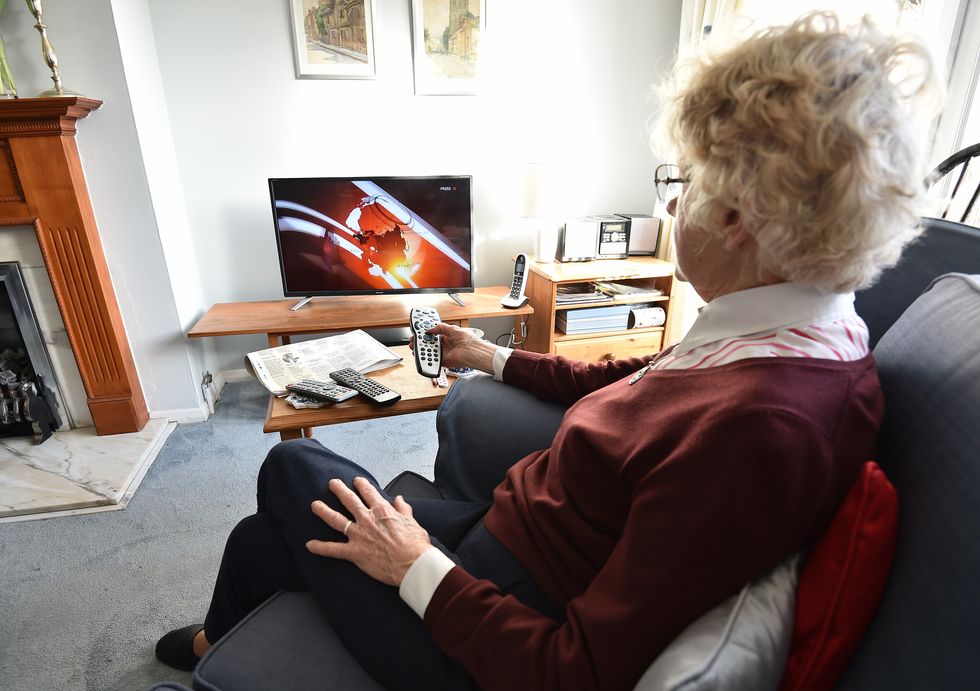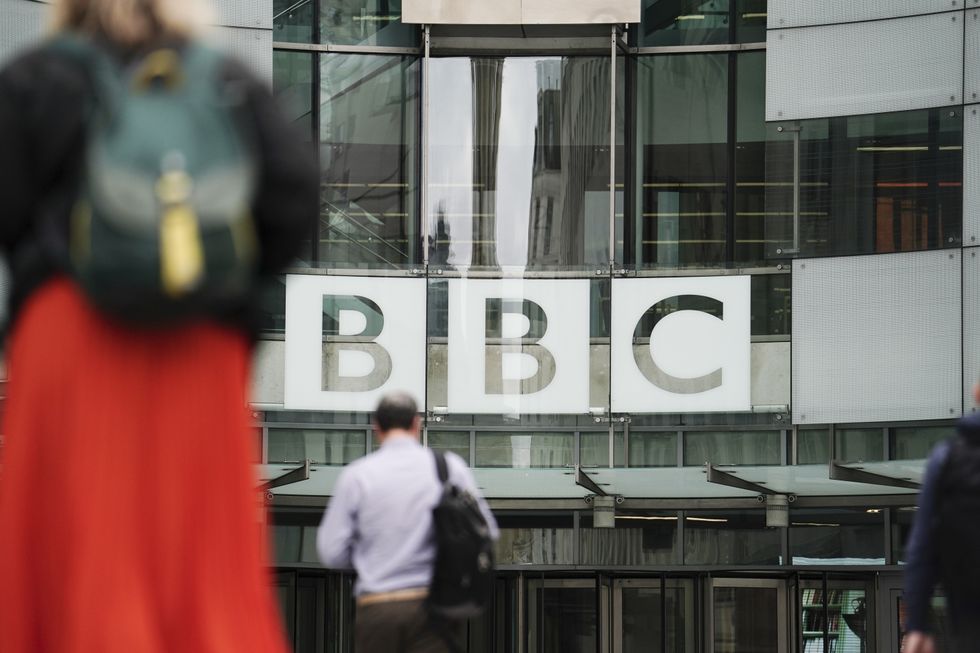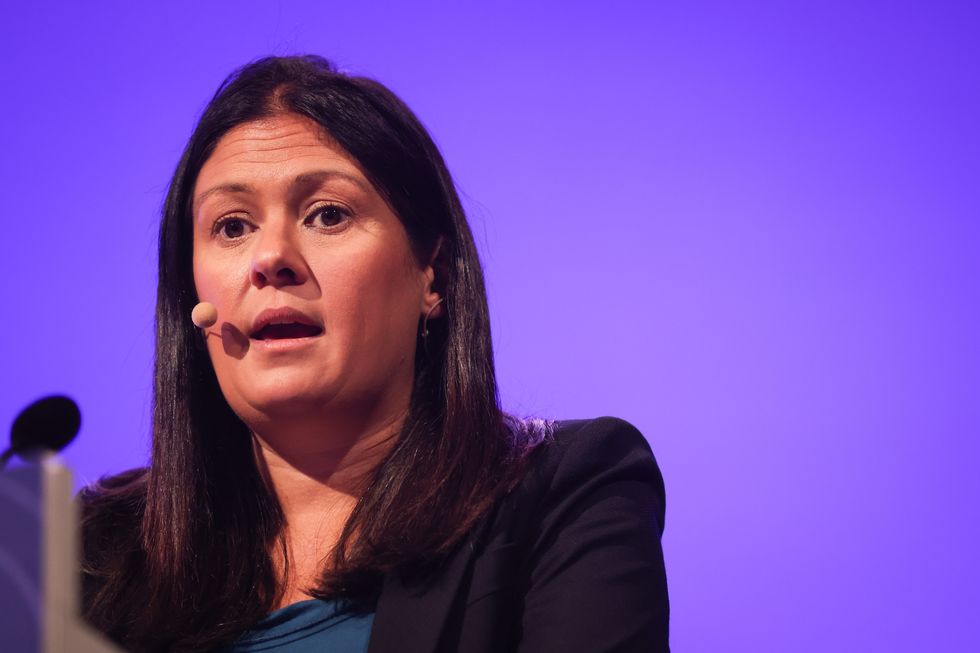Ministers are preparing to end BBC licence fee prosecutions amid claims that they unfairly prosecute women.
Culture Secretary, Lisa Nandy, and Justice Secretary, Shabana Mahmood, are understood to agree that failure to pay the licence should no longer be a criminal offence.
Nearly 1,000 people are prosecuted every week for not paying their licence fee, which costs £169.50.
This made it the most common crime in the country, second only to motoring offences.

70 per cent of those prosecuted for not paying their BBC licence fee are women
PA
Of that amount, 70 per cent are women, with concerns being raised that they are being unfairly pursued.
The upcoming charter renewal discussions between the government and the BBC are scheduled to begin in January.
During the negotiations, a change to the way that non-payment is enforced will be discussed.
A senior government source told The Times: “The administrative burden of policing non-payment of the licence fee should not be falling on the taxpayer.
LATEST DEVELOPMENTS:
- Millions of households can cut their BBC TV licence bill from £170 to £0 – check if you’re eligible
- BBC licence fee in DECLINE with another drop in households paying – as broadcaster says it’s £1 BILLION worse off a year
- Major shake-up coming to TV licence fee? Labour Culture Secretary’s bold vision to make BBC more accountable

The upcoming charter renewal discussions between the government and the BBC are scheduled to begin in January
PA
“It should be carved out. It’s not worth the hassle it creates.”
Former Conservative Culture Secretary, Lucy Frazer, said last year that prosecuting people for not paying the TV licence is “morally indefensible in modern times”.
A BBC insider told The Times that there had been a “conscious effort” to reduce the number of prosecutions.
They said: “We are busy helping people to avoid prosecution, but prosecutions will still happen. Without an enforcement mechanism, there is no system.”

Lisa Nandy is understood to believe that failure to pay the licence should no longer be a criminal offence
PA
A TV Licensing spokesman said: “We have a duty to enforce the law when there is evidence that someone has avoided paying for a TV licence.
“What we have done is made considerable efforts to help people get licensed and offer help and support.
“So, while we take appropriate action where necessary, we work hard to support those most in need, offering a number of concessions and payment plans to ensure people can obtain a licence in the way that suits them best.
“Our focus on collecting the licence fee fairly and efficiently ensures that the overwhelming majority of households are correctly licensed.”